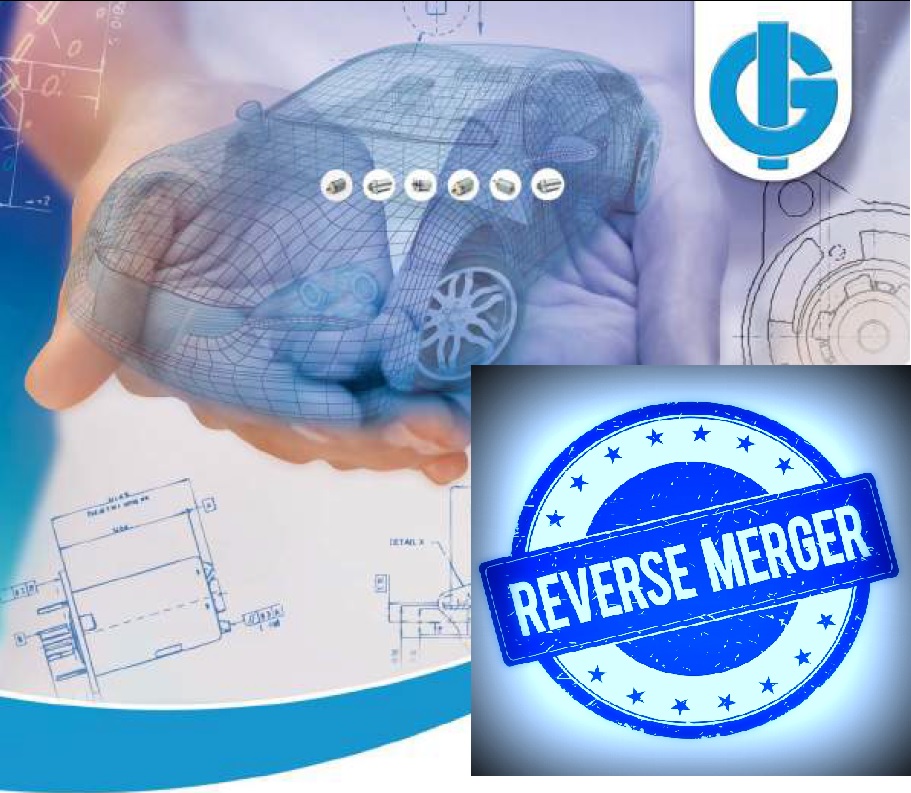Company law experts said if a director on the board of a company does not concur or expresses dissent on any resolution, it has to be recorded in the minutes. “The resolution, in that case, would be passed by a majority,” they said.
Ratan Tata’s foreign acquisitions have drawn flak from independent director (ID) Nusli Wadia and ousted group chairman Cyrus Mistry. Wadia was on the board of Tata Steel and Tata Chemicals at the time of the acquisitions and still is. He is also on the board of Tata Motors.
Tata Sons is seeking to remove Wadia from the boards of its companies in coming Extraordinary General Meetings, alongside Mistry. It has accused Wadia of being disruptive and galvanising other IDs to act against the interests of the Tata Group. Wadia, in turn, has filed a Rs 3,000-crore defamation suit.
In a 15-page letter to shareholders of Tata Steel, Wadia has said he differed strongly with the acquisition of Corus in Europe for a sound reason. He has, however, also mentioned that a decision was ultimately taken by consensus.
“I had a fundamental difference on the strategy as to whether Tata Steel would be best served in expanding in the UK. I was strongly of the view that Tata Steel should concentrate on the rapidly growing Indian market, and develop its Greenfield (new) plant, where the margins and returns would be far superior. My strategic view was that Tata Steel would become the lead No. 1 steel company of India. Unfortunately, that is not the case today. The Kalinganagar (Odisha) project has been severely delayed, with a substantial cost overrun, and has come on stream with three million tonnes (capacity a year) alone, as against a proposed original six mt. As a result, its financial returns have been impacted substantially,” the letter said.
Officials say the $12-billion Corus acquisition was based on certain assumptions. The steel cycle was at its peak. Tata Steel’s presentation to analysts after the acquisition said global steel demand was expected to grow 5.9% to 1,179 million tonnes in 2007; China’s steel demand was set to grow 13% and the demand in India was expected to grow 10.2% in the same year.
These assumptions changed towards the second half of 2008 with the global financial meltdown. Steel prices crashed from $600 a tonne to $400 and lower, China’s supply far outstripped demand and the developed world’s demand growth turned negative.
Prior to the Corus acquisition, Tata Chemicals acquired 63.5% in Brunner Mond Group UK, for Rs 508 crore. In 2006, it bought the balance Brunner Mond pie for Rs 290 crore. However, the units have faced closures and several rounds of restructuring.
In the letter to Tata Chemicals’ shareholders, Wadia has questioned Ratan Tata’s decision to acquire Brunner Mond, which had a soda ash business operation in the UK, Kenya, and the Netherlands. “I, as well as some other board members, expressed serious apprehensions about the proposal. We had expressed our concerns on the fundamental issues involved in the overall arrangement, the risk involved, and the assumptions and projections made for profitability and doubted the rate of return as envisaged in the proposal. However, the decision was ultimately taken by consensus. Unfortunately, shortly after the acquisition, the profitability became negative and continued to remain so,” the letter said.
Recent Articles on M&A
Source: Business-Standard




